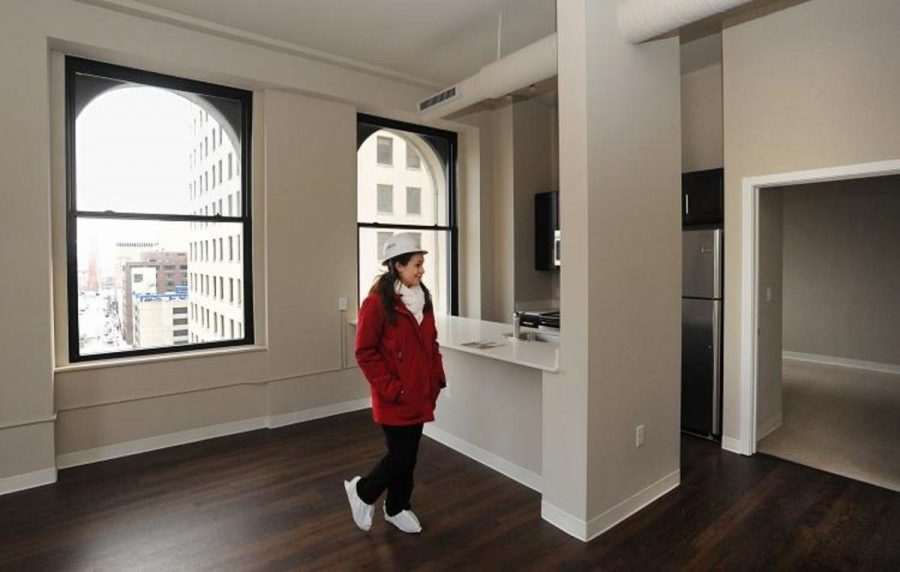On my own, all alone
Studies find solitude as dangerous as diabetes
Living alone is just as dangerous as being lonely or socially isolated. This is a major problem, as there are more people living alone now than ever before. According to The Washington Post, a population survey done by the U.S. Census Bureau found that there has been a mass increase in people who live alone, from five percent in the 1920s to 27 percent in 2013.
March 25, 2015
Smoking, drugs, alcohol use, and obesity are all well-known risks to a person’s health. Now researchers at the Brigham Young University in Utah have discovered a new risk, unknown to millions of Americans – loneliness.
Not only does being alone affect people mentally, but it also has a physical impact on human health and increases the risk of unnatural death significantly.
At the university in Utah, a study was conducted on a sample size of three million people, utilizing 35 years of research on loneliness, living alone, and social isolation.
Researchers controlled variables such as age, socioeconomic status, gender, and any health conditions.
One of the measures used during the study was the UCLA Loneliness Scale, where subjects were asked to answer different questions. It can show that even people who deny feeling alone can score off the charts as being lonely.
Their findings were notable.
According to the Daily Times, “it turned out that people with loneliness are 26 percent more likely to die prematurely, people who are socially isolated have 29 percent risk, and people who live alone have a 32 percent risk of dying early.”
Professor of counseling psychology Tim Smith and associate professor of psychology Julianne Holt-Lunstad found that loneliness poses a substantial risk of death, similar to smoking 15 cigarettes a day or being alcoholic. This surpasses the risk posed by obesity.
“It’s scary that loneliness is so dangerous to our health, especially when many people don’t even realize that they are lonely,” sophomore Danielle Pratt said.
The link between loneliness and premature death is greater for younger individuals rather than adults above the age of 65.
Markers of social isolation include living alone, having few social ties, and receiving little social contact. But loneliness is subjective, depending on the quality of a person’s relationships and how connected they feel with other people.
“There are times when I feel alone, but I wouldn’t consider myself lonely. There’s a fine line between feeling isolated and actually being isolated,” freshman Shruti Mishra said.
Although technology and social media has improved the ability to stay connected in countless ways, this does not replace the closeness of physical, in-person interactions.
If you know someone who is lonely, it is not easy to help them. The best thing you can do is find out what he or she goes through emotionally on a day-to-day basis.
“If it’s social isolation, increase social contact. The perception of loneliness is a little bit trickier. There you’re needing to help modify someone’s cognition, the way they think about life and isolation,” Holt-Lunstad told National Deseret News.
A good piece of advice for anyone who is feeling lonely is to spend time with loved ones. Go out with a few friends or just talk to family. Life is too short to spend alone.







